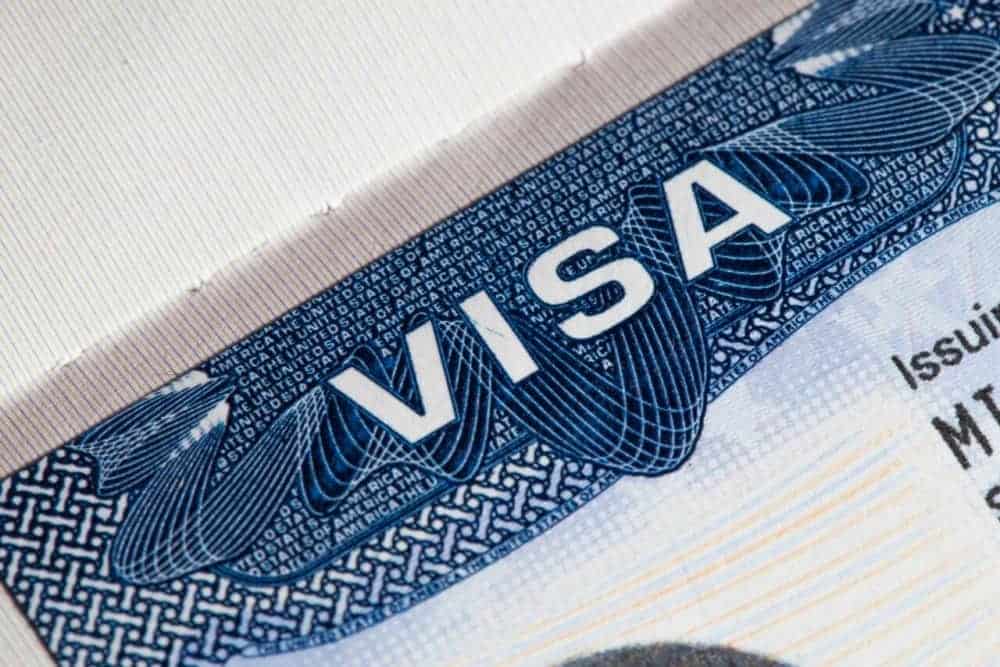
The Dutch Start-up Visa
Updated on 19 February 2024
Famous for its welcoming and dynamic atmosphere, the Netherlands attracts young people who wish to study or try their luck at starting up a business. Investors planning to open start-up companies in the country need a residence permit in order to do so. The document is issued if certain conditions are fulfilled. The application is submitted to the Immigration and Naturalization Service (IND) for approval. International residents interested in immigrating to the Netherlands may ask for assistance before starting the procedure.
Application requirements for a Start-up Visa
The general conditions related to the application for a start-up visa include possession of a valid document for travel, no criminal background and performed tuberculosis test (the test is not obligatory under particular circumstances).
The applicant must also have a Dutch “facilitator” (business mentor) in order to obtain a start-up visa/residence permit. The details about the cooperation between the applicant and the facilitator must be discussed in advance and the parties have to agree on the terms in written (by signing an agreement). Additionally, the applicant needs to offer an innovative service or product, have a detailed start-up business plan, be financially capable of living in the country and finally, complete the registration procedure at the Dutch Commercial Registry (the mentor must also have a registration).
The business mentor or facilitator must also meet particular conditions to qualify as such. Our consultants are familiar with the Dutch law on immigration. They can explain to you the conditions prior to the submission of the application and prepare the necessary documents. Any papers in a language different from Dutch, German, French or English need to be translated.
Procedures after application for a Dutch Start-up Visa
Entrepreneurs planning to open local businesses often have to be present for longer periods and therefore need a long-term visa. You can simultaneously apply for this document and the permit for a residence. If you meet the specified conditions, you will obtain the visa for start-ups within a period of ninety days from the submission of your application. You have to collect your residence permit no later than fourteen days after your arrival in the Netherlands.
Our local experts on immigration can give you more information on the process of application for a start-up visa. If you are planning to immigrate, be aware that you must take out a health insurance and register at the municipality. If you need detailed information on the possibilities to obtain Dutch residence as an owner of a start-up business, contact our specialists in immigration.
Read here if you are looking for information on the Dutch self-employed visa.
Legal residence / short stay visa's
Legal residence is always the basic requirement for working in the Netherlands, which may mean obtaining a residence permit, and often also an entry visa/permit.
The law on residence differs for EU/EEA citizens and those of other countries.
Citizens of EU states, Iceland, Liechtenstein, and Norway (known as the European Economic Area states, EEA) and Swiss citizens do not need a residence permit to enter, stay, live and work in The Netherlands. Passport or ID card are sufficient proof of rightful stay.
Citizens of other countries intending to stay longer than 90 days usually need an entry permit, (MVV), and a residence permit, issued by the Dutch Immigration Authority, IND, (Immigratie en Naturalisatie Dienst), the authoritative source on residence permits.
Non-EU/EEA or Swiss nationals, who want to stay in the Netherlands for more than three months will typically require a Dutch residence permit. Unless exempt, an entry permit (MVV) is also required, as well as an integration exam beforehand.
You do not need an MVV if:
you (or a close relative) are from the EU/EEA/Switzerland;
you already hold a valid Dutch residence permit;
you already hold a ‘long-term residence permit EC’ issued by another European Community (EC) state;
you already hold a residence permit in another country that is part of the Schengen area;
you already hold a residence permit/Blue Card for 18 months in another EC state;
you are a national of Australia, Canada, Japan, Monaco, New Zealand, South Korea, the United States of America or the Vatican City;
your child (under 12) was born in the Netherlands and you have lawful residence in the Netherlands.
You apply for a provisional residence permit in person at a Dutch embassy or consulate in any country, as long as you have lawful residence in that country. With just a tourist visa, you do not qualify as a lawful resident.
You can apply for the MVV and residence permit in a single application via the Entry and residence Procedure (TEV).
If you are exempt from the MVV requirement, you or your sponsor can apply for a residence permit while you are still abroad, or you can opt to apply for your residence permit once you are already in the Netherlands.
Within 90 days of your arrival in the Netherlands or any country in the Schengen area you must apply for a residence permit. After 90 days you need to have a residence permit, or you must have applied for a residence permit. If not you will be in the Netherlands illegally.
Similar Posts:
- Foreign multinational corporations & the Netherlands annual budget
- Want to innovate in the green energy or clean tech sector? Start your business in the Netherlands
- Tax treaty denounced between the Netherlands and Russia per January the 1st, 2022
- How to set up a business as a young entrepreneur
- The challenges of starting entrepreneurs




